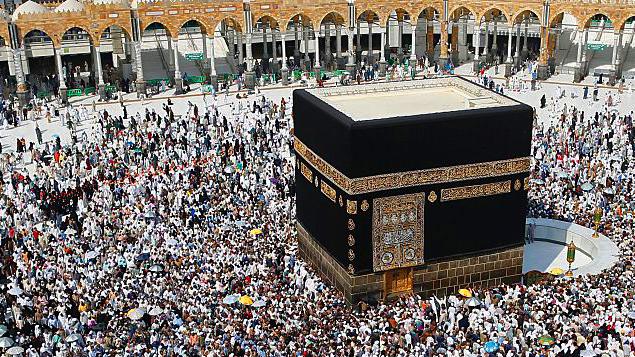Two million Muslims begin Hajj pilgrimage in Mecca
- Published
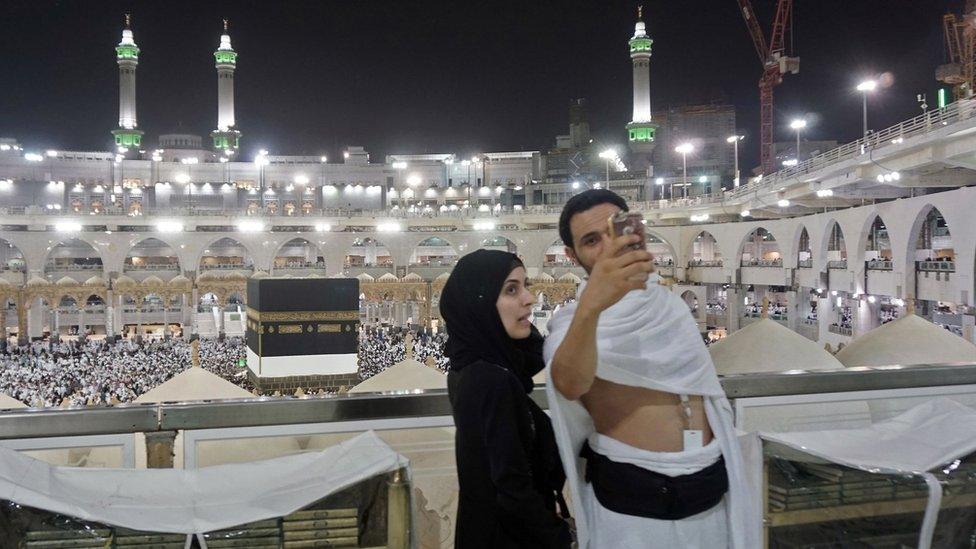
More than 1.7 million pilgrims from other countries have travelled to Mecca for the Hajj
Some two million Muslims from across the world have begun the annual Hajj pilgrimage in Saudi Arabia.
They started at sunset on Wednesday by circling the Kaaba in Mecca's Grand Mosque, Islam's holiest site.
Iranians are once again participating this year after missing the last Hajj following a deadly stampede in 2015.
There were conflicting reports about the number of pilgrims attending from neighbouring Qatar, which is embroiled in a bitter dispute with Saudi Arabia.
Qatar's state-run National Human Rights Committee estimated that only a few dozen Qataris had crossed the border, which was opened two weeks ago by the Saudi authorities.
But the governor of Mecca said 1,564 Qataris were undertaking the Hajj, up from 1,210 last year.
For Muslims, the Hajj is the fifth and final pillar of Islam. It is something that every sane adult Muslim must undertake at least once in their lives if they can afford it and are physically able.
The Saudi authorities say they have taken all necessary precautions to prevent a repeat of the stampede two years ago that was triggered by two crowds colliding.
Saudi officials said at the time that almost 800 pilgrims were killed, but one unofficial tally put the death toll at more than 2,400.
Muslim pilgrims gather at Mount Arafat near Mecca
Iran alone reported 464 deaths and subsequently accused the Saudi authorities of being "at fault" for them - a charge Saudi officials rejected.
Saudi interior ministry spokesman Maj Gen Mansour al-Turki said more than 100,000 security personnel had been deployed at various sites around Mecca and Medina to protect and marshal pilgrims, along with thousands of cameras.
"Everything is prepared," he said. "We have our plans, we have people trained to enforce those plans, but this cannot be done only by infrastructure and by what we do. Pilgrims have their own responsibility, and we hope they comply with the schedule plans and the flow of direction."
- Published17 August 2017
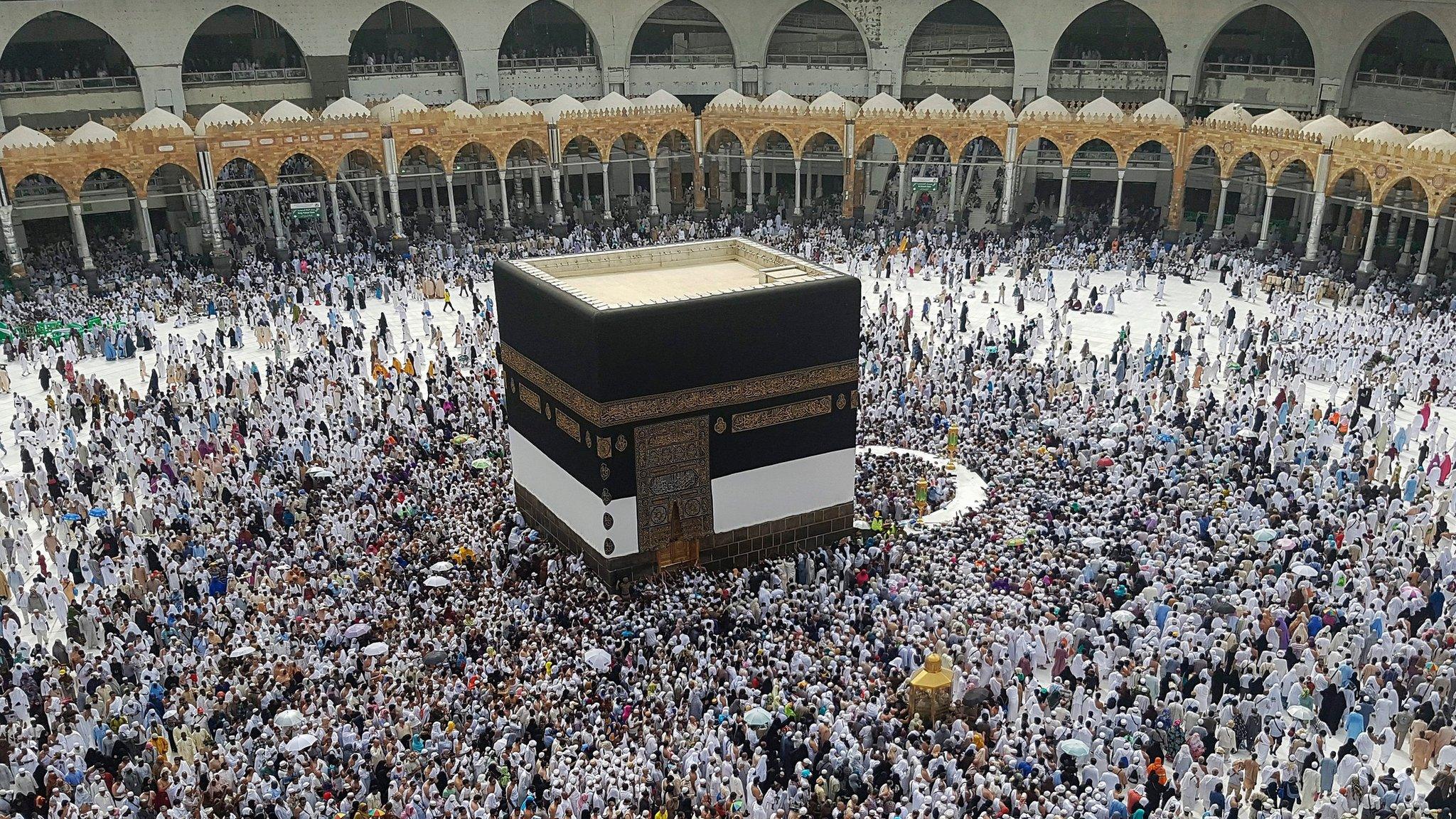
- Published17 March 2017
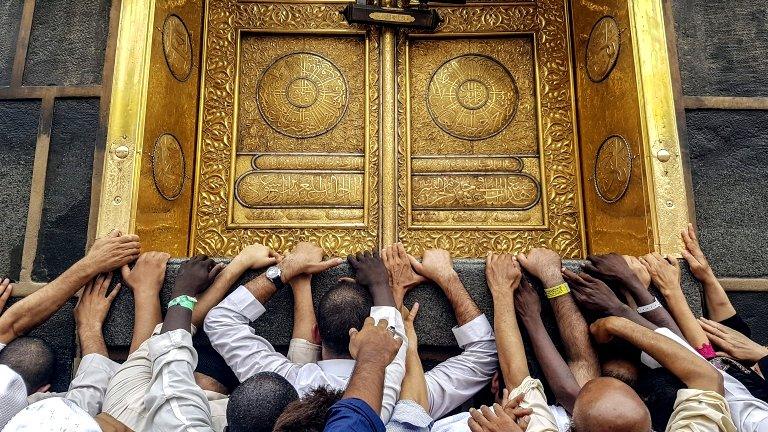
- Published5 September 2016
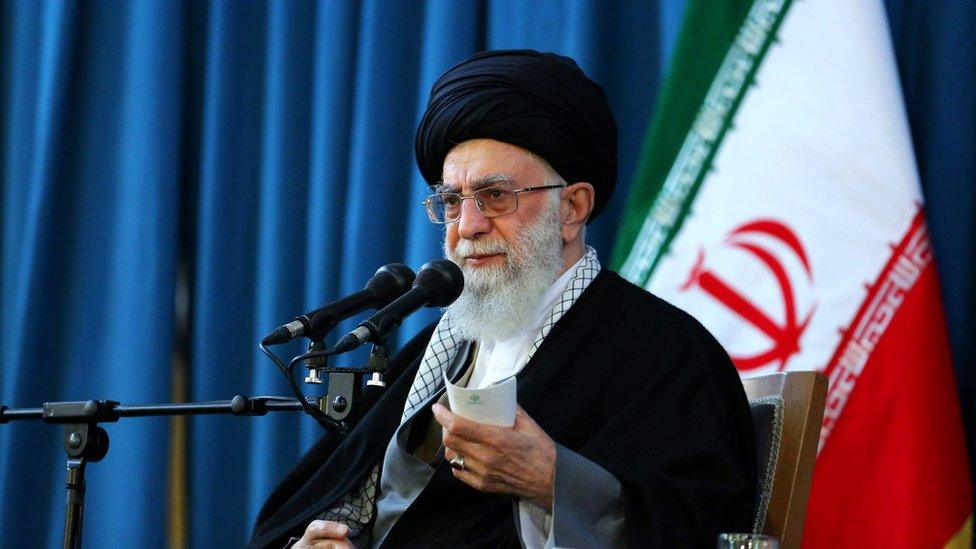
- Published29 May 2016
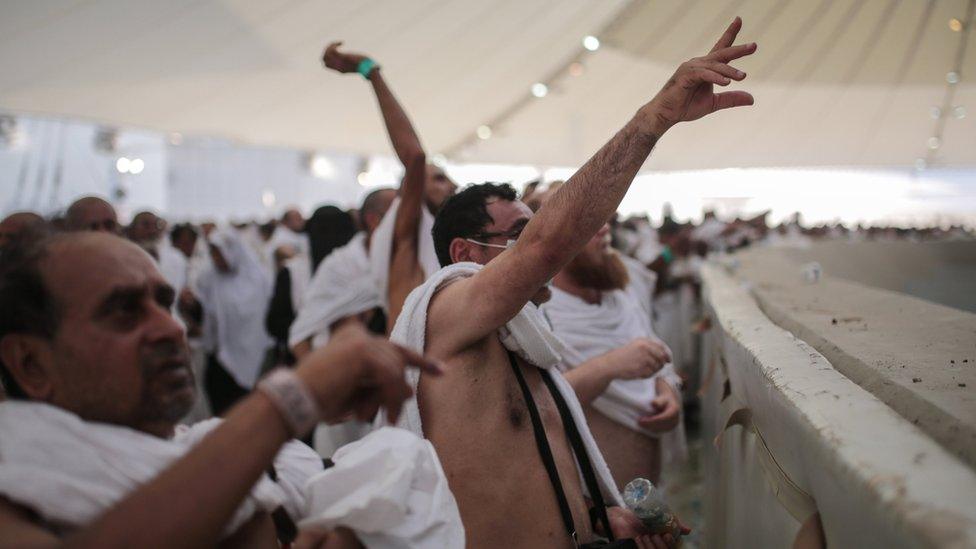
- Published26 June 2023
